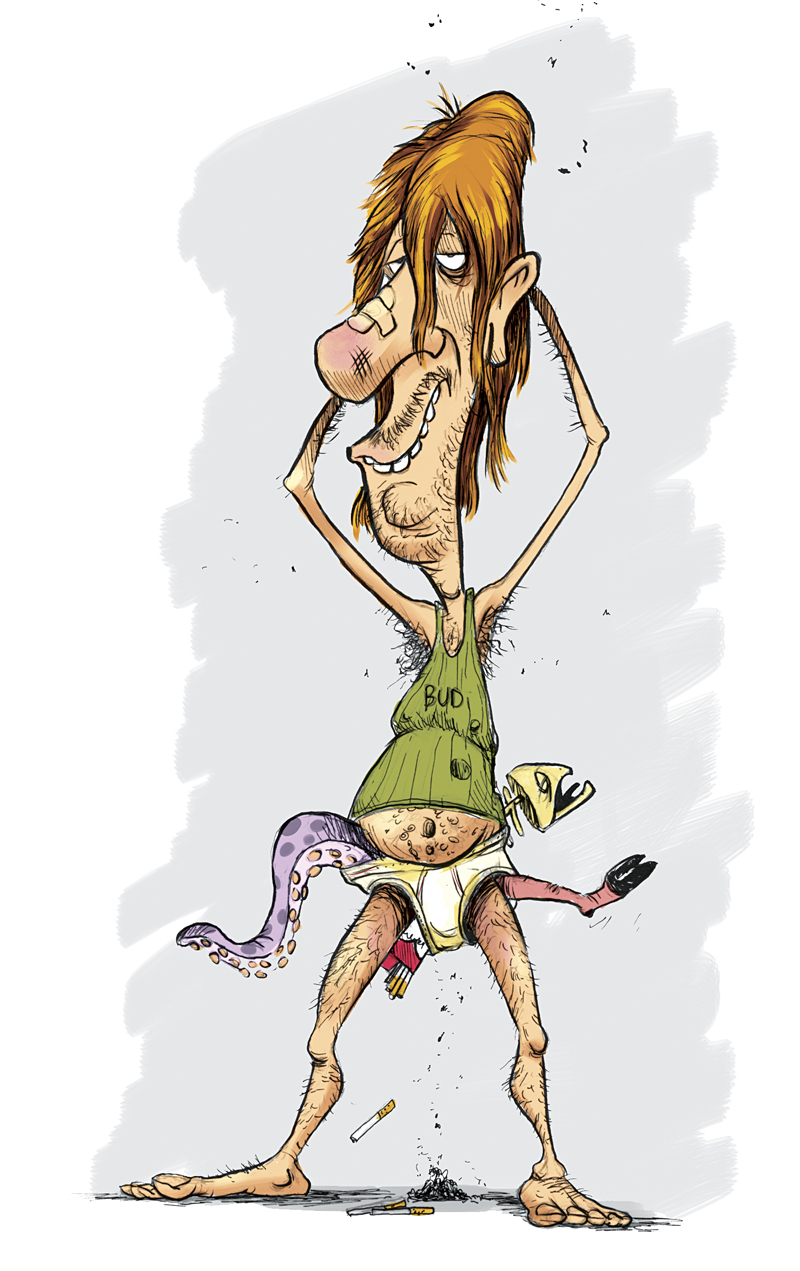The United States Supreme Court voted 5–4 vote last week to allow law-enforcement officials to strip-search people arrested for any offense before admitting them to jail. The statement holds true even if officials have no reason to suspect the presence of contraband.
Reached for comment, King County Department of Adult and Juvenile Detention spokesman Cmdr. William Hayes says that while any ruling that enables law-enforcement officials to more easily restrict the amount of contraband entering King County jails is welcome, procedures are already in place that, though more restrictive than the Supreme Court’s recent ruling, seem to be doing the job just fine.
“Just because [a prisoner is] on a misdemeanor charge doesn’t mean they don’t have drugs or aren’t hiding something else on their person,” says Hayes. “When you can’t strip-search them, that limits your ability to limit the amount of contraband introduced.”
Hayes says the county’s current strip-search procedures were established by a case from the early ’80s, Grew v. King County, in which Seattle’s Shirley Grew was arrested at a 1982 Halloween party after police received a noise complaint that was later dropped. Grew, subjected to a strip-search and cavity check upon arriving at jail, later teamed with the ACLU to file suit against King County. Two other women joined Grew’s suit, and U.S. District Court Judge Donald S. Voorhees subsequently banned the strip-searching of anyone booked into King County Jail unless a court order was issued or jail security was believed to be threatened.
Calling it a “shot in the dark” estimate and “off the top of my head,” Hayes says roughly 50 percent of the inmates entering King County jails are currently strip-searched—the deciding factor being whether there’s probable cause to believe the prisoner might be harboring contraband, along with the inmate’s specific charges and conviction status. “For everybody that is strip-searched, we fill out a form explaining why and the justification behind it,” says Hayes. “We don’t just arbitrarily strip-search people. There’s a document that’s attached to the person if they are strip-searched.”
In regard to offenses deemed minor, Hayes says, “Typical misdemeanors that come in we don’t strip-search, because that’s not part of the normal process for us, unless there’s some sort of probable cause, or if there’s some behavioral issues, or we believe they may have some sort of medical condition that we need to know about.”
Currently, Hayes says King County is discussing with attorneys how to proceed given the new Supreme Court ruling, although he notes the matter isn’t the agency’s most pressing. “We have a policy in place, and we’re comfortable with it for the most part,” Hayes says.
The New York Times’ lengthy report on the Supreme Court’s ruling dropped this locally relevant gem toward the end: “Justice Kennedy said one person arrested for disorderly conduct in Washington State ‘managed to hide a lighter, tobacco, tattoo needles, and other prohibited items in his rectal cavity.’ “
“I’ve been doing this almost 28 years, and I’ve seen people bring in stuff that might shock you,” says Hayes. “It’s more about how they try to introduce the contraband into the facility and where they place it—that’s probably more shocking than the actual item itself.”








